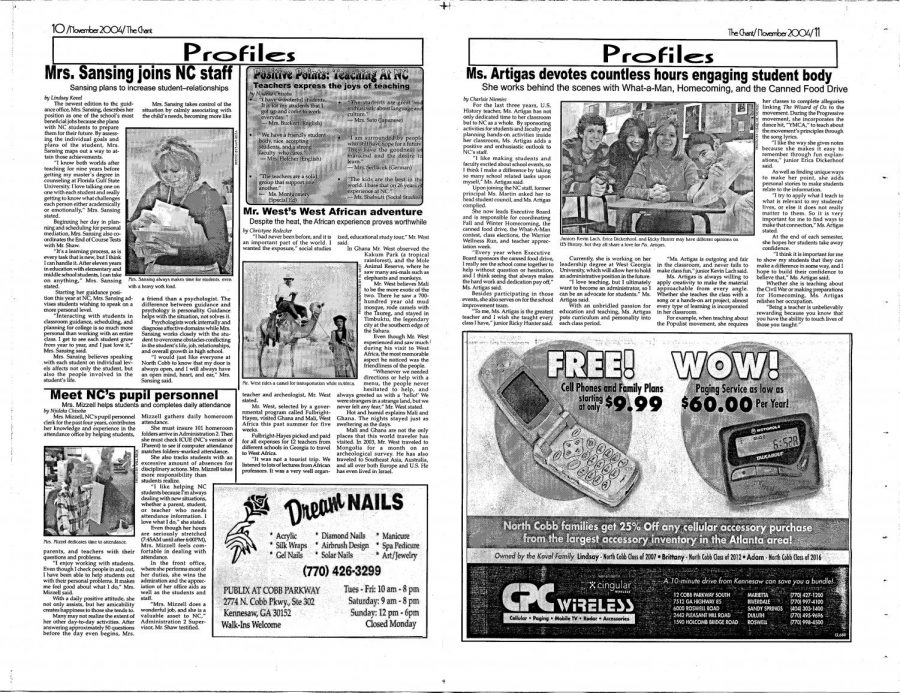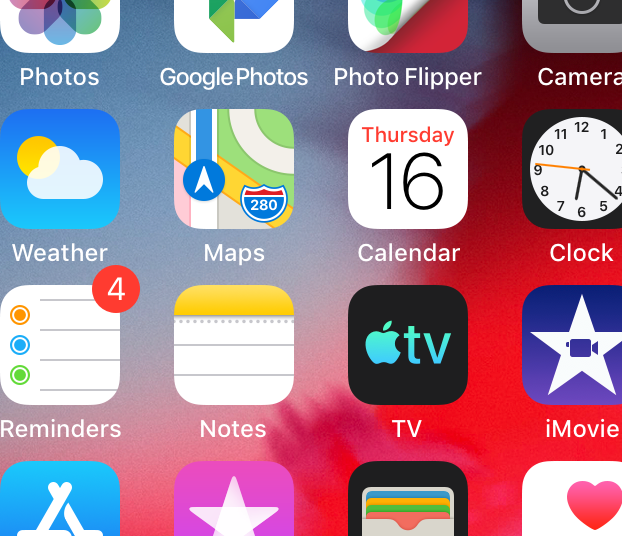2000 to 2020: How technology evolved in the last twenty years
Since the dawn of the new millennium, technology and the way people communicate, interact and gain information continually evolves, producing efficient products and devices. From streaming to iPhones, these products provide a new, more convenient way to enjoy basic entertainment, find information, listen to music and especially interact with others. As technology continues to grow, the last 20 years in terms of technology will remind future generations that challenging the norm and finding alternatives can produce a successful product.
January 17, 2020
From iPhones to streaming, the 21st century in terms of technology, social standards and practices, continues to evolve with new innovations and easier access to information with the click of a button. As the world enters a new decade, the technological advances, innovations and changes in society’s daily interactions remind the world of the tremendous progress that makes up the last twenty years. This comes with the reliance on social media, smartphones and especially the internet.
The new millennium began with the Y2K bug scare, the so-called “Millennium Bug”, where modern computer systems interpreted the “00” in 2000 as 1900, meaning the date December 31, 1999, became January 1, 1900. This affected a number of companies and services, especially airline companies that rely on the correct date and time to travel. After hundreds of complaints, the United States government eventually expanded the date to a simple four-digit code. The bug ended up costing millions of dollars, becoming known as the end of the world hoax that shook the new millennium.
After the Millenium Bug, the internet slowly took off with the concept of social media brewing in the industry. A young Harvard student, Mark Zuckerburg, took the idea of online social interaction and joined his fellow college students and created a program called “Facemash.” This site, primarily an online media platform, allowed users to rate their fellow students by comparing photos of their faces and choosing who they considered “hotter.” The site instantly gained prevalence amongst the Harvard student body, ultimately getting Zuckerburg in trouble for degrading fellow students.
As he faced punishment, however, he recognized the current platforms already on campus. At the time, Harvard obtained numerous “Face Books” with portions of the student body featuring photos and information about themselves. A network for the whole college still remained nonexistent, inspiring Mark Zuckerburg to create the modern “Facebook.” This generated the obsession and utter need to connect with friends online and started the social media buzz, causing other apps like Twitter, Instagram and Snapchat to later appear.
“Facebook made the world a very socially connected place and took technology to the next level. It has also become a place for influencing and raising awareness about certain causes which, theoretically speaking has saved lives,” NC freshman Victoria Sorrell said.
Prior to Facebook’s popularity, music corporations dominated the Internet, soon producing the idea of music streaming with independent networks including “Napster” and the ever so popular “Apple” creating new products to accommodate. With Apple, the debut of the iPod and the iTunes store in 2001, gave users the freedom to own their music, syncing it on their mobile Apple devices. As a result, millions of CD and record shops went out of business, and it set the stage for the progression of modern smartphones and streaming in itself.
After six years of the popular iPod, Apple chose to conquer the cell phone world, changing the pre-existing flip phone into a revolutionary smartphone product. The iPhone combined the functions of several devices—a computer, MP3 or iPod device and a regular cell phone. As the phone continues to evolve, millions of users depend on their phones, as they gain access to billions of sites and networks with the click of a button. Overall, the versatility and freedom that these devices induce continue to not only change the way others communicate but how humans interact, entertain and gain access to information on a daily basis.
“I feel like the smartphone changed the face of communication forever. Apps make everyday life easier, reasonable and in some cases more fun,” Sorrell said.
The iPhone also developed the App Store wherein its beginnings contained 500 apps. This produced the concept of downloading applications to make a user’s smartphone better, more efficient and entertaining. Today, the App Store provides over 2.1 million apps with a range from weather to books and games like the addictive Candy Crush. In regards to TV and entertainment, in 2020, people no longer wait for their favorite TV show to come on to enjoy entertainment. Instead, with the concept of streaming, apps like Netflix, Hulu and Disney Plus, give a wide range selection of TV shows and movies all on one device. This causes cable users to cut the cord, making streaming a popular alternative.
Currently, as the world says goodbye to the previous decade, the major technological advances and inventions that dominated the 2000s continue to produce a better, more educated and convenient society. How people communicate, interact and enjoy entertainment persistently changes from year to year and will continue to revolutionize society’s practices, values and actions in a way never experienced before. As future generations take on new challenges and social issues, the prior innovations and life-changing products of the 2000s will inspire them to think outside of the box.





